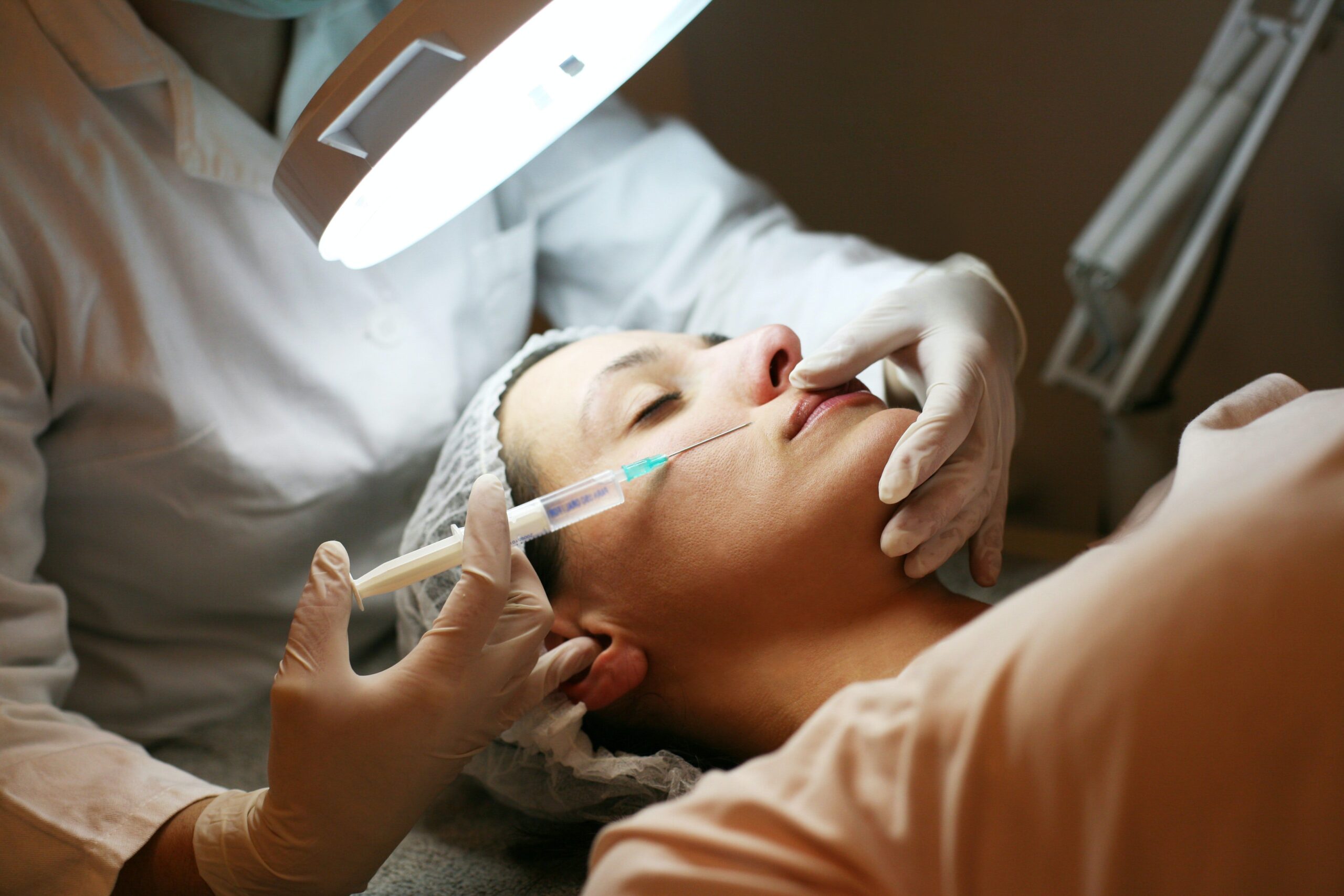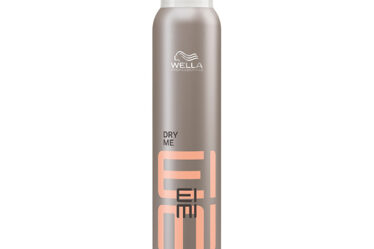
The advertising watchdog is banning growing numbers of advertisements that exaggerate the benefits of health and beauty treatments such as Botox, lip fillers and diet aids.
The Advertising Standards Authority’s (ASA) action is part of a crackdown against beauty clinics and manufacturers of aesthetic products over how they promote themselves.
The ASA is using its enforcement powers more often in response to a surge in complaints about advertisements on social media and TV which critics say can mislead customers about the extent to which treatments, such as lasers and anti-wrinkle injections, will improve their appearance.
Many of those it is banning involves the advertising of Botox, the anti-ageing substance, and other prescription-only medicines. It is illegal to promote them to the general public under the Medicines Regulation Act 2012.
Research disclosed recently by the Guardian found that almost nine out of 10 beauty clinics were breaking the law by advertising Botox and other forms of botulinum toxin, which people use to hide wrinkles and get a smoother complexion.
The ASA’s action comes amid fears that too many operators in the booming but poorly regulated cosmetic treatments sector are endangering clients’ self-esteem and mental health by overselling how effective they will prove, leaving those who pay for them disappointed.
For example, on April 26, the ASA banned ads on Facebook for sclerotherapy — a treatment for varicose veins that are also done for aesthetic reasons — which had been placed by three clinics: Victoria Anne Beauty, Venus Beauty & Aesthetics and Chala’s Beauty Box. It did so because sclerotherapy involves using a prescription-only medicine.
An ASA spokesperson said: “We’re moving to a more proactive method of regulation, processing more ads than ever before to quickly get those that are a problem banned.”
The ASA’s increased intervention is also a response to the Commons health and social care select committee last August urging the watchdog to get tough with “online content that promotes an idealised, often doctored and unrealistic, body image [given its] link to developing low self-esteem and related mental health conditions”.
Doctoring of images should be banned, and enhanced regulation of cosmetic treatment ads should ensure they display a Kitemark and warning logo, the MPs recommended in a report on body image.
Professor David Sines, the chair of the joint council for cosmetic practitioners, which is seeking better regulation of the beauty sector, said: “The ASA have been making a concerted effort in the last six months to scan, review and analyse a host of social media and website advertising posts from aesthetic clinics and salons. That has resulted in them applying a concerted campaign to flush out those who are posting illegal or misleading adverts and promotional materials.”
He praised the regulator’s “more assertive” action on “the relentless stream of inappropriate and often illegal advertisements that appear daily across social media websites in the UK”.
“We rate some of the advertisements that the ASA have agreed to take action against to represent a serious threat of harm to members of the public and could be considered to be reckless.”
In 2020, the ASA received 482 complaints about cosmetic treatment ads and opened 468 cases and took action against 39 operators. Last year, it received 651 complaints and instigated 640 cases and resorted to enforcement action 43 times. Last autumn, it appointed a new member of staff to coordinate its greater scrutiny of the beauty industry’s behaviour.
The ASA spokesperson added: “Advertisers need to ensure they’re fully aware of the rules. They mustn’t advertise prescription-only medicines. They mustn’t be misleading and shouldn’t exaggerate the efficacy of any treatments, exploit consumers’ potential insecurities about their bodies or omit any relevant terms and conditions for treatment.”
Victoria Brownlie, the chief policy officer at the British Beauty Council, which represents beauty therapists, urged clinics to use only responsible advertising. “If we are going to truly succeed in raising the reputation of the beauty industry, then we need businesses and practitioners to uphold consumer safety standards as a number one priority,” she said.
“Upholding the rules around safe advertising is key to this, and we absolutely do not condone illegality in this area.”
Learn more:
TikTok and Instagram Are Turning Gen-Z on to Botox
Providers are changing their business models to cater to the younger generation’s focus on prevention and Instagrammable fixes, as interest in cosmetic procedures rises.



